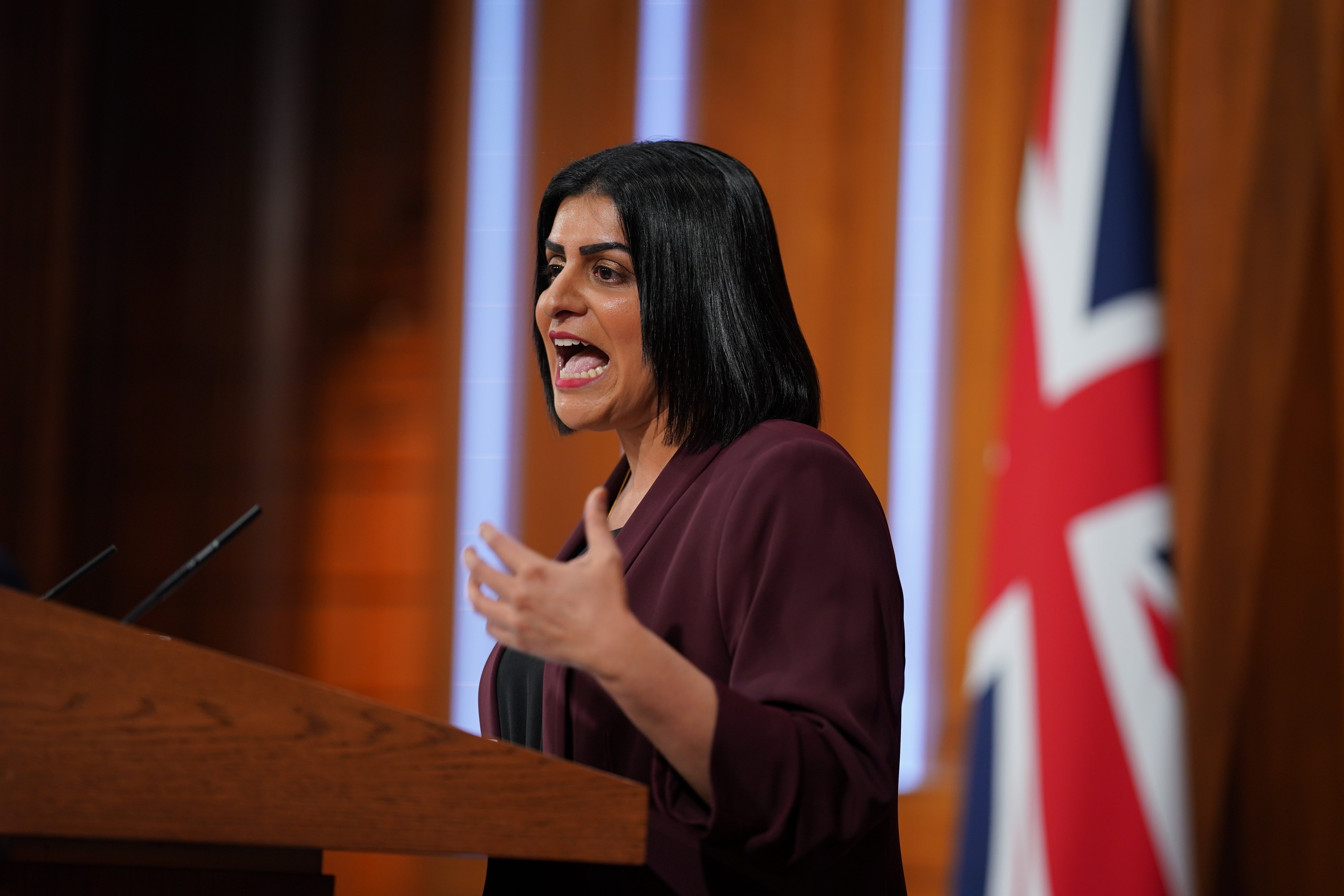ARTICLE AD BOX
Britain’s ailing courts system has scheduled its first trials for 2029 – almost four years away – as the government struggles to tackle the spiralling backlog of cases, The Independent can reveal.
The first hearing, scheduled over two days, is set to begin on January 3 that year at Woolwich Crown Court, and will see a 38-year-old mum from South London face a charge of possession with intent to supply cannabis, which she denies.
The second, likely to last three days, will see three men stand trial at the same court, on January 15, over the theft of motor vehicles, which they also deny.
The cases were described by Stephen Nelson, the barrister representing the woman and one of the men in the theft case, as “straightforward and not complicated" - and said the delays were “jaw-dropping”. He warned one client was in poor health and might not live to see his case come to trial in 2029.
With around 75,000 crown court cases waiting to be heard, Ministry of Justice officials – who admit “justice delayed is justice denied” – confirmed that the cases are among the furthest into the future that has been set.
The revealtion comes as the government is set to unveil the outcome of its long-awaited sentencing review, led by former justice secretary David Gauke, on Thursday, which is expected to overhaul the justice system with plans for shorter jail terms and increased use of community punishments.
Mary Prior KC, chair of the Criminal Bar Association (CBA), said the court delays, combined with the time it takes for people to be charged, mean some offences now take six years to reach trial – an “extraordinary” situation which is failing victims of crime, defendants, witnesses, and wider society.

She said: “It cannot be right for victims of crime, eyewitnesses and those accused of crimes to have to wait until 2029 for their trial to take place.
“Bearing in mind it generally takes two years for people to be charged with a criminal offence, that means six years from offence to trial. Is anyone really supposed to remember the details of what happened six years ago? The fact that this is happening in England and Wales is extraordinary. People’s lives are on hold for six years.”
In the case of the woman, who was found with 29 small bags of cannabis and a sum of money, Mr Nelson said she had no previous convictions for drugs, and had digital evidence which showed the cash in her possession had not come from the sale of drugs.
Regarding the vehicle theft, Mr Nelson said his client had been instructed to take the cars away to be sold for scrap and did not know they were stolen.
“To have such long delays not in the interests of my clients, whose lives will be on hold for almost four years, of the witnesses and legal teams involved in the cases – or of justice and wider society,” he said.
Mr Nelson added that the delays also offer no incentive for defendants to plead guilty, because memories of those involved fade, the arresting officers may retire, and evidence may weaken. “It is simply bonkers,” he said.
CBA analysis of Ministry of Justice data shows the backlog has risen 11 per cent to 74,000 in the year to December, and 126 per cent in the past five years, from around 33,000 in December 2018.
Although the government has pointed to how the volume of serious offences - particularly sexual and violent offences - are back to 2016 levels, the number of barristers and solicitors available to prosecute and defend them has fallen by roughly a quarter over that period.
In the last quarter of 2024 alone, more than 5,000 trials were pulled from the court list, while 1,900 trials were adjourned on the day they were due to start. Reasons included having no available judge, prosecutor or defence counsel, a failure to deliver a prisoner to court and a recent large increase in the number of cases cancelled on the first day because the prosecution had not prepared its evidence on time.

In October, The Independent revealed that among the delayed trials were those involving defendants on bail accused of serious sexual and violent crimes that were not due to start for well over two years.
Justice Secretary Shabana Mahmood announced in March that judges would sit for an extra 4,000 days this year to tackle the delays but admitted the backlog would continue to rise.
Retired judge Sir Brian Leveson is carrying out a “once in a generation” review of the courts system and is expected to give recommendations on how to overhaul it in the coming months.
Ms Prior said the government needed to do more to prevent the collapse of the courts system. She said: “Whatever the results of the Leveson Review, [it] will not be any comfort to those who are waiting for their trials for serious offences in the Crown Court because those cases will remain in the backlog, as will all the new rape and serious violence prosecutions.
“How broken does this criminal justice System that we are propping up have to get before there is significant investment in the courts, court staff and in the criminal barristers who prosecute and defend in them?
“Do we have to wait until the 44 per cent of us and the 35 per cent of the judiciary who are trying to leave have walked away? There is no point arresting people and building more prisons if there is no one left to conduct the trials.”
A Ministry of Justice spokesperson said: “We know that justice delayed is justice denied, and it is clear there are many cases taking far too long to go to trial. That’s why we’ve asked Sir Brian Leveson to propose once-in-a-generation reform to address the outstanding backlog in our courts.
“Alongside this, we’re also providing funding for a record level of sitting days this financial year, raising national court capacity to deliver swifter justice for victims.”









 English (US) ·
English (US) ·